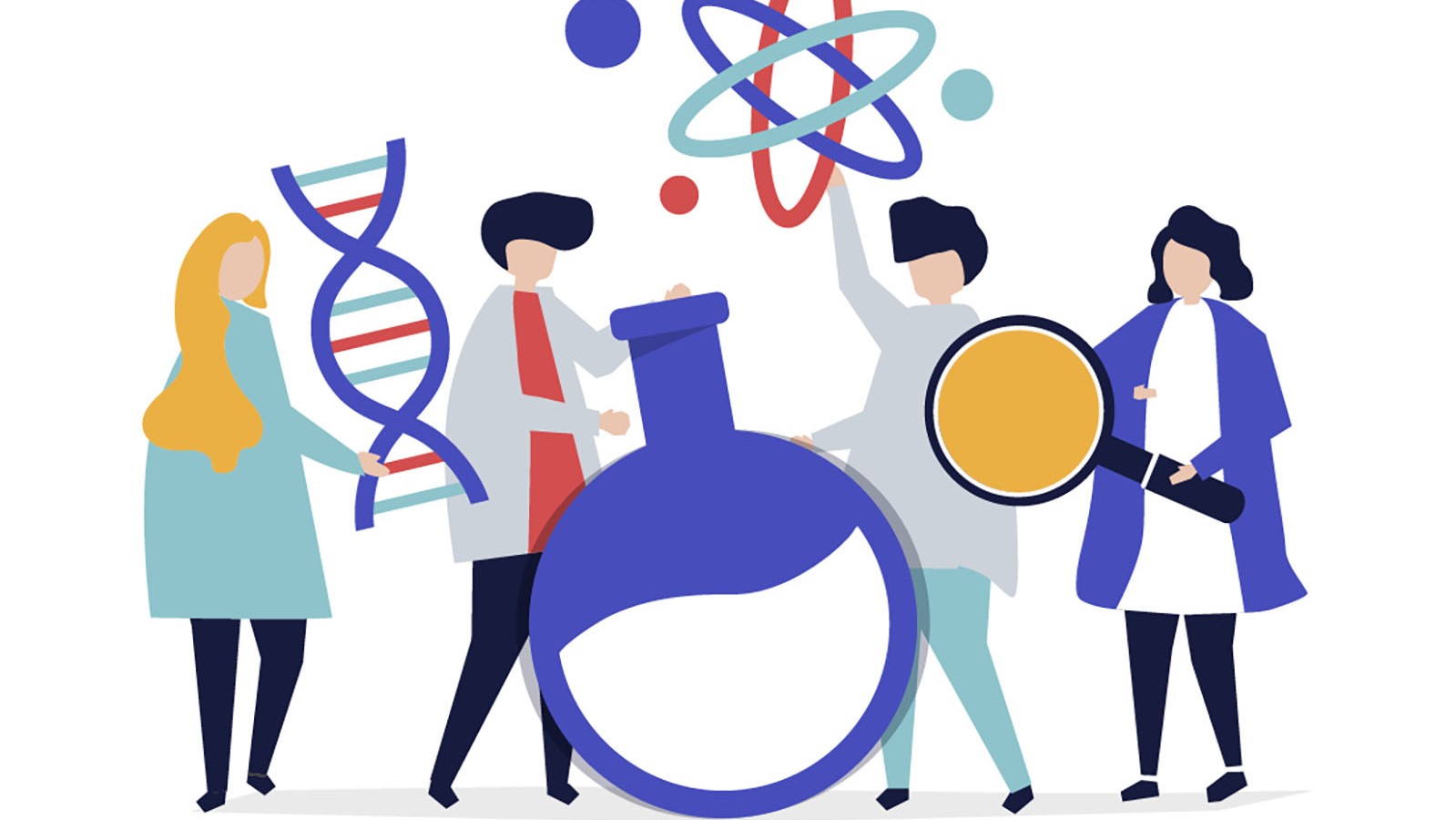In Lily Tomlin’s classic SNL comedy sketch, her telephone operator “Ernestine” famously delivers the punchline, “We don’t care. We don’t have to. We’re the Phone Company.” But new research finds that satisfied customers mean increased profits even for public utilities that don’t face competition. Little is known about effect of customer satisfaction at utilities. As...
Business
State Responses, Not Federal, Influenced Rise in Unemployment Claims Early in the Pandemic
Early in the U.S. COVID-19 pandemic, unemployment claims were largely driven by state shutdown orders and the nature of a state’s economy and not by the virus, according a new article by Georgia State University economists. David Sjoquist and Laura Wheeler found no evidence the Payroll Protection Program (PPP) affected the number of initial claims...
Boomerang Performance Is on Par with Internal Employees Who Never Left the Firm, New Paper Finds
Organizations seeking to fill internal roles traditionally have two options: promote from within or hire externally. Internal promotions benefit from being vetted talent who possess firm-specific skills while outside hires harbor external knowledge that can infuse an organization with new energy. Though this dichotomy is often accepted as unavoidable, there is a third option: boomerang...
What Does Marketing Have to Do with Ill-Advised Consumer Behavior?
Researchers from University of Hawaii and University of Florida published a new paper in the Journal of Marketing that argues that a biological account of human behavior, especially undesirable behavior, will benefit human welfare. This biological perspective can complement traditional psychological, anthropological, and economic perspectives on consumption, particularly with respect to the vital topic of self-control. The...
When Salespeople Advocate for Sellers and Customers
Researchers from Oklahoma State University, University of Missouri, Iowa State University, and University of Georgia published a new paper in the Journal of Marketing that investigates the question of how salespeople should balance advocacy for the seller with advocacy for the customer. The study, forthcoming in the Journal of Marketing, is titled “Salesperson Dual Agency in Price Negotiations” and...
Female Language Style Promotes Visibility and Influence Online
A female-typical language style promotes the popularity of talks in the digital context and turns out to be an underappreciated but highly effective tool for social influence. This was shown by University of Zurich (UZH) psychologists in an international study in which they analyzed 1,100 TED Talks. A large part of social interaction nowadays takes...
When Genetic Data Meets Marketing
Researchers from The Wharton School of the University of Pennsylvania published a new paper in the Journal of Marketing that assesses the implications of the growth of private genetic testing for the field of marketing and evaluates ethical challenges that arise. The researchers review past research in the field of behavioral genetics and use these findings to...
What Will Fashion’s Big-Money Licensing Deals Look Like Post-COVID?
The workings of the market for licensed goods have been influx in recent years, as at least some luxury names have sought to bring operations in house or at least closer to come (via joint ventures, for example) in a larger quest for greater control over manufacturing and distribution. Hardly a little-known endeavor, the fashion...
Burberry Will Donate Unused, Trademark-Free Textiles to Fashion Students in New Sustainability Initiative
Burberry announced a new venture this week, one that will see it tackle a sweeping issue faced by apparel companies: deadstock fabrics. Two years after it vowed to stop destroying millions of dollars’ worth of unsold products, including beauty products and ready-to-wear, the Riccardo Tisci-helmed brand has unveiled the ReBurberry Fabric Initiative, in furtherance of which...
Google, Facebook, Amazon, and the Superstar Economy
The COVID-19 pandemic has made it clearer than ever that we are at risk of losing control of our economies. Our institutions have increasingly struggled to meet the challenges of economic development before the onset of the COVID-19 crisis, and yet, throughout the pandemic we have seen surging stock market valuations of tech giants – including staggering CEO salaries –...





/https://public-media.si-cdn.com/filer/b1/b1/b1b14006-d1ba-427a-86c4-6dc5a9648633/iiif-service_pnp_highsm_24400_24474-full-pct_25-0-default.jpg)




